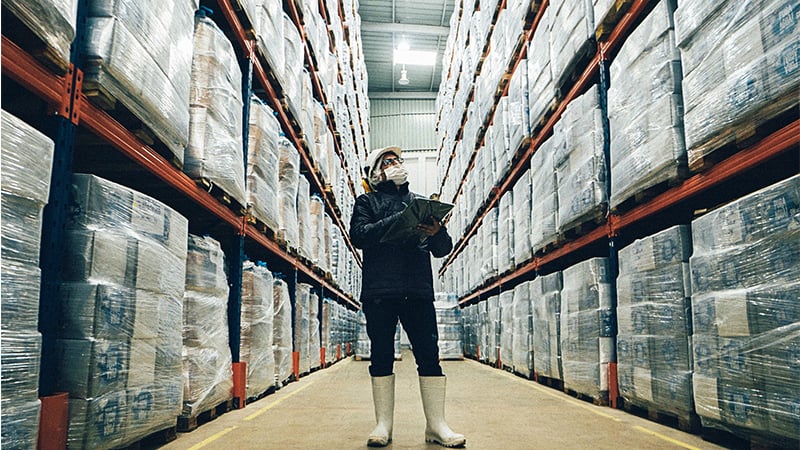
Living with inflation. Are you ready?
How quickly things change. A mere two years ago, pandemics and the long-tail fallout from such a global event were furthest from most people’s minds. The reality, however, is that the world has been changed in many, unavoidable ways that will continue to shape our immediate future.
Not only have long-held habits like the office routine been replaced by a work-from-home or hybrid model, but many households have had to take a much closer look at their finances.
This scrutiny of every penny might have to continue for longer and be adopted by more than just families hit by the pandemic’s economic disruptions. The expected, but unwanted appearance of consumer inflation is just the newest headache for weary households the world over.
The biggest concern over the rising cost of goods and services is whether this is here to stay, or merely a result of the pandemic’s short-term impacts.
Either way, evidence of rising inflation across the globe is of particular concern to consumers in regions like the UK, EU and the United States where inflation has largely been kept in check since the 2008 global financial crisis.
Reasons inflation is climbing
The blame for rising global inflation is being laid mainly at the feet of supply chain disruptions that have upset the normal flow of goods. Global auto makers, for instance, are hamstrung by a shortage of electronic components because many suppliers have suffered COVID-related backlogs and production stoppages.
The supply problems are happening at the same time oil and gas prices have been climbing in response to the revival of industrial production. And rising fuel prices inevitably lead to higher prices for consumers.
Even though the International Monetary Fund (IMF) expects inflation to return to pre-pandemic levels some time in 2022, this would be contingent on improved global trade and logistics. The one spanner in the works that threatens to derail a return to normalcy is further lockdowns that hamper output.
In either event, improvements are likely to be seen over multiple quarters rather than months, meaning consumers might have to tighten their belts for longer than initially anticipated.
What this means for you
The impact on your finances will depend largely on your debt levels if central banks start raising interest rates to tone down consumer demand.
This is a central theme in the US where the Federal Reserve has already indicated a tightening of monetary policy. This move has since been followed by the Bank of England , while the European Central Bank has held steady on raising rates in response to higher inflation.
Higher rates mean a higher cost of borrowing for anyone with debt such as credit cards and property loans that fluctuate with interest rates.
The IMF predicts that the rate of inflation could be higher in emerging economies that are often at the mercy of global developments. This would mean an accelerated devaluation of individuals’ spending power in parts of the world that already suffer disproportionate exposure to financial risks.
The extent to which rising costs are concerning will depend largely on your disposable income. If you have interest-linked debt, then some cost-cutting or rejigging of your budget may be needed if rates do rise significantly in response to rising prices.
How to protect your savings against rising prices
While rising inflation and interest rates are a concern if you’re dependent on credit, the shoe is on the other foot for interest-linked savings. As central bank interest rates climb, so should the rates you’re offered on savings deposits.
You could also benefit from interest rate differentials between savings held in an international currency that is more resilient to the effects of inflation.
We offer a wide range of savings and investment opportunities in US dollars and pound sterling, to name but a few, that can help you lessen the impact of inflation.
Fixed term and notice savings accounts allow you to secure your liquid assets for defined periods, while our structured products aim to offer security combined with growth potential. Traditional investments remain popular if you’re looking for growth despite some volatility, with listed stocks historically being perennial inflation-beaters over the long term.
Diversifying your assets, irrespective of the state of the economy and factors outside your influence - like rising inflation - is recognised as a sensible way to reduce your investment risks. You don’t need complex structures to gain a march on the impact of inflation.
You might find this brief explainer video useful on whether saving or investing internationally is right for you. Or you can explore our range of international savings accounts or investment options that are designed to suit a wide range of needs.

